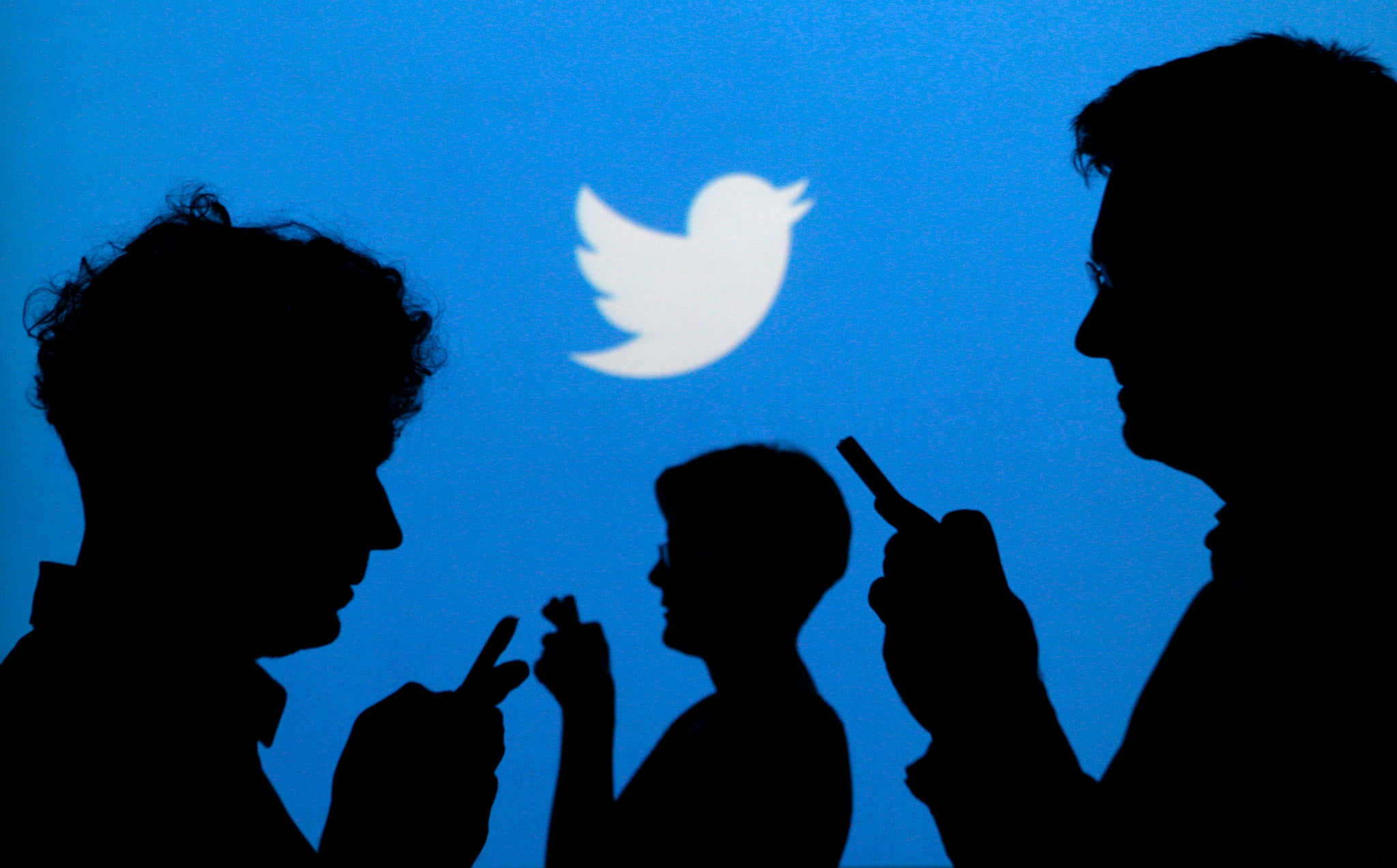The Twitter effect: Why using social media too much can lead to divorce

Your support helps us to tell the story
From reproductive rights to climate change to Big Tech, The Independent is on the ground when the story is developing. Whether it's investigating the financials of Elon Musk's pro-Trump PAC or producing our latest documentary, 'The A Word', which shines a light on the American women fighting for reproductive rights, we know how important it is to parse out the facts from the messaging.
At such a critical moment in US history, we need reporters on the ground. Your donation allows us to keep sending journalists to speak to both sides of the story.
The Independent is trusted by Americans across the entire political spectrum. And unlike many other quality news outlets, we choose not to lock Americans out of our reporting and analysis with paywalls. We believe quality journalism should be available to everyone, paid for by those who can afford it.
Your support makes all the difference.It’s the sod's law of social media: for every new method of communication the internet introduces, a new way to start an argument is born as well.
Researchers have previously cited the damaging influence that Facebook can have on relationships and now they’ve turned to Twitter, concluding that “Twitter-related conflict” can lead to “negative relationship outcomes, including emotional and physical cheating, breakup and divorce”.
Interestingly, both these studies on Facebook and Twitter were conducted by the same person: Russell Clayton, a doctoral student at the University of Missouri with an obvious interest in contemporary worries about the damaging effects of social media.
In his most recent research, Clayton spoke to 581 Twitter users of all ages, asking various questions about their level of activity on the social network and if any conflict arose with partners or former partners as a result of Twitter use.
Clayton found that the more active an individual was on Twitter, the more likely they were to report "Twitter-related" conflict with partners – a factor which then significantly predicted a number of negative relationship outcomes from cheating to divorce.
However, the news that people who use social networks frequently are more likely to have arguments about those social networks doesn’t seem too surprising – any hobby that consumes too much of an individual’s time is likely to become a bone of contention.
“Although a number of variables can contribute to relationship infidelity and separation, social networking site usage, such as Twitter and Facebook use, can be damaging to relationships,” said Clayton in an official press release. “Therefore, users should cut back to moderate, healthy levels of Twitter use if they are experiencing Twitter or Facebook – related conflict.”
So, if you’re having trouble with the modern phenomena of Facebook or Twitter-bound spats then it's perhaps time to follow the ancient advice of "moderation in all things".
The study was published in the journal of Cyberpsychology, Behavior, and Social Networking as "The Third Wheel: The Impact of Twitter Use on Relationship Infidelity and Divorce"
Join our commenting forum
Join thought-provoking conversations, follow other Independent readers and see their replies
Comments